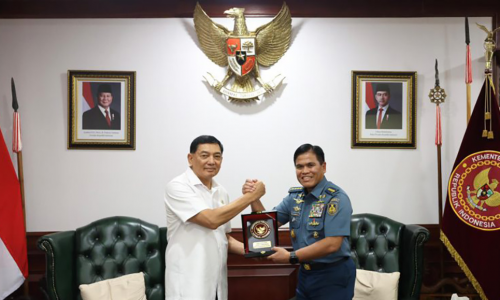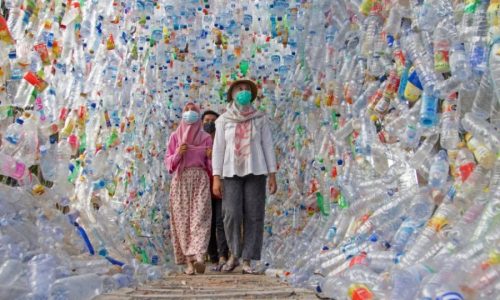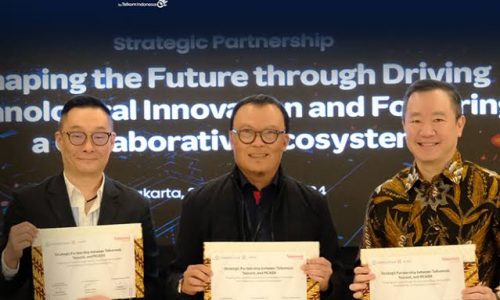Indonesia’s power utility PT PLN is seeking global support and funding to achieve the government’s additional target of renewable energy installed capacity of 75 Gigawatt (GW) in the next 15 years.
World Bank’s Global Director for Energy and Extractives, Demetrios Papathanasiou, told a panel discussion session at the World Bank Pavillion of the 29th Conference of the Parties (COP29) in Baku, Azerbaijan, on Friday, November 15, 2024 that global efforts and collaborations are needed to support Indonesia’s target in achieving energy transition through the development of clean energy power plants.
“Power utility such as PLN is key in energy transition in Indonesia. There is a need to strengthen financial and operational performance so clean energy can be increased and sustainable,” Demetrios said as quoted in a statement on Sunday, November 17, 2024.
Valerie Levkov, Global Industry Director for Energy, Metals & Mining, and Sustainable Infrastructure Advisory at the International Finance Corporation (IFC), emphasized the role of private sector in supporting green financing.
She said the private sector has financing capacity and new technology, such as large scale energy storage. She highlighted the urgency of collaboration between public and private sectors, while suggesting that private sector can be effective partner if there is regulation that allows reasonable return of investment.
“In many countries, private sector has succeeded in providing energy storage technology to protect renewable energy integration into the network. However, stable regulation and tender transparency are important to attract investor’s interest,” she said.
Transmission and System Planning Director at PLN Evy Haryadi reiterated that the achievement of new and renewable energy target needs significant investment and synergy from various stakeholders.
“We are drafting plans on decarbonization in line with net zero emission target in 2060. One of the measures is the development of transmission network for 70,000 kilometers that will distribute green electricity to demand centers, but the process need a long time. Therefore, financial supports from various parties are needed,” Evy said.
She emphasized that the financing from private sector and international institutions can be one of the main solution in meeting the need of huge investment.
Collaboration through green financing scheme such as Green Bond and sustainable loan, are considered as crucial to accelerate the infrastructure development of renewable energy in Indonesia.
Evy said that although Indonesia has abundant resource of renewable energy, geographical challenge becomes hindering factors. There are many resources of renewable energy are located in remote islands, while the centers of energy demand are in urban areas.
“We have a unique challenge as an archipelago. Several islands have resources but they have no demands of electricity, while in other islands, they have demands with limited resources. That’s why we need interconnections among the islands and the development of long transmission network,” she said.
She also emphasized the importance of stable regulation supports and strategic partnership to ensure smooth energy transition.
“We invite all parties, private sector, financial institutions and the government to collaborate to achieve this goal. Green financing and strong partnership will be key to Indonesia’s energy transition,” she concluded.









